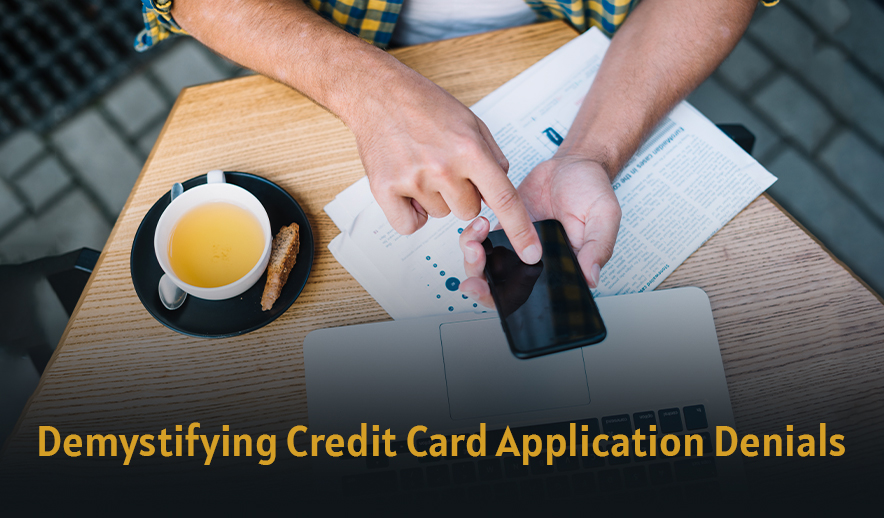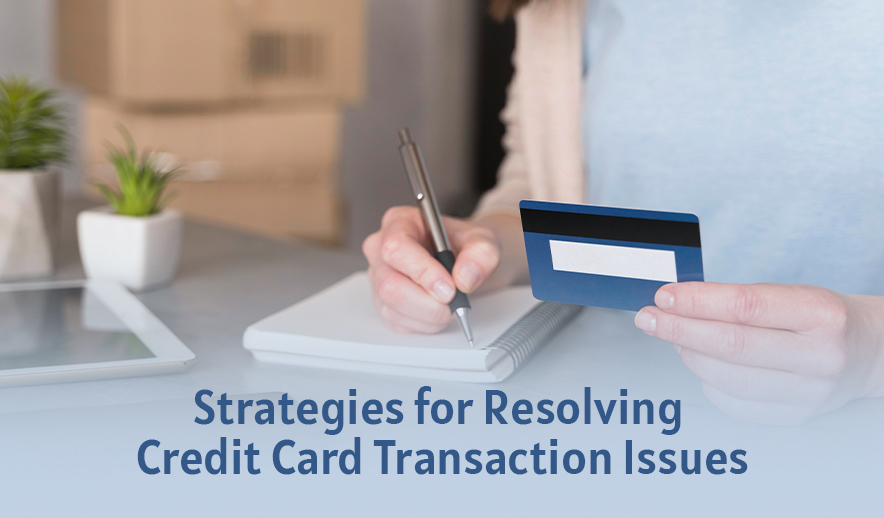Introduction
Financial stability and security are essential aspects of a fulfilling life. One of the most effective tools to achieve this stability is creating and sticking to a personal budget. A personal budget is a detailed plan that outlines your income, expenses, and savings goals, providing you with a clear roadmap to manage your finances responsibly. In this article, we will explore the importance of a personal budget, the steps to create one, and tips for maintaining financial discipline.
- Understanding the Importance of a Personal Budget
A personal budget serves as a powerful financial tool for several reasons:
Financial Clarity: A budget provides a clear overview of your income sources and spending patterns, helping you understand where your money is going.
Expense Management: It enables you to track your expenses and identify areas where you can cut costs or optimize spending.
Debt Reduction: A budget helps you allocate funds to pay off debts systematically, reducing financial stress and improving your credit score.
Savings and Investments: By budgeting, you can allocate a portion of your income to savings and investments, ensuring a secure future.
Emergency Fund: A budget allows you to build an emergency fund, providing a safety net for unexpected expenses and financial emergencies.
2. Creating Your Personal Budget
Creating a personal budget involves several steps:
Calculate Your Income: Determine your total monthly income, including your salary, freelance earnings, investments, and any other sources of income.
List Your Expenses: Categorize your expenses into fixed (e.g., rent/mortgage, utilities) and variable (e.g., entertainment, dining out) categories. Be thorough to capture all expenses, no matter how small.
Set Financial Goals: Establish short-term and long-term financial goals, such as paying off debt, saving for a vacation, or building an emergency fund. These goals will shape your budget.
Allocate Funds: Allocate a portion of your income to each expense category, ensuring that your total expenses do not exceed your total income. Prioritize essentials like housing, utilities, and groceries.
Track Your Spending: Regularly monitor your expenses to ensure you are staying within your budget. There are various budgeting apps and tools available to simplify this process.
3. Tips for Maintaining Financial Discipline
Review and Adjust: Periodically review your budget to see if you are meeting your financial goals. Adjust your budget if your circumstances change, such as a change in income or new expenses.
Avoid Impulse Purchases: Practice mindful spending and avoid impulsive purchases. Before making a significant purchase, consider if it aligns with your budget and financial goals.
Emergency Fund: Prioritize building an emergency fund that covers 3 to 6 months’ worth of living expenses. This fund acts as a financial cushion during unexpected situations like job loss or medical emergencies.
Seek Professional Advice: If you find it challenging to manage your finances or get out of debt, consider consulting a financial advisor. They can provide personalized guidance and strategies tailored to your situation.
Celebrate Milestones: Celebrate your financial achievements, whether it’s paying off a credit card or reaching a savings goal. Acknowledging your progress can motivate you to stay on track.
Conclusion
Creating and maintaining a personal budget is a fundamental step toward financial stability and peace of mind. By understanding the importance of budgeting, following the steps to create a budget, and implementing financial discipline, you can take control of your finances, reduce stress, and work toward achieving your financial goals. Remember, a personal budget is not a one-time task; it requires continuous effort, monitoring, and adjustment to adapt to life’s changing circumstances. With dedication and smart financial planning, you can pave the way for a secure and prosperous future.










